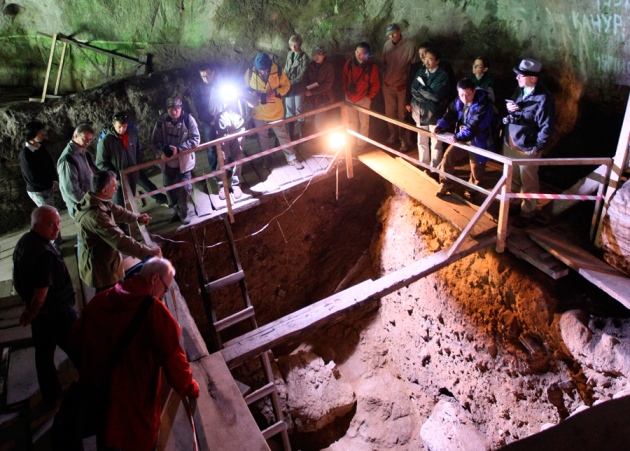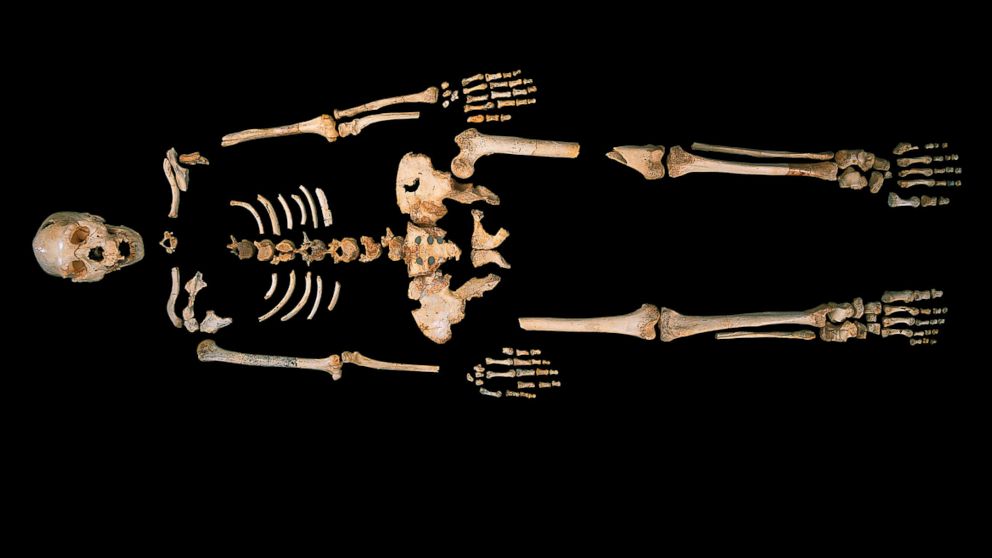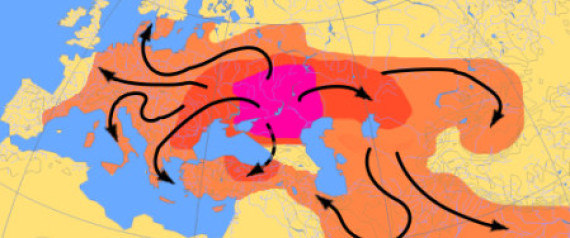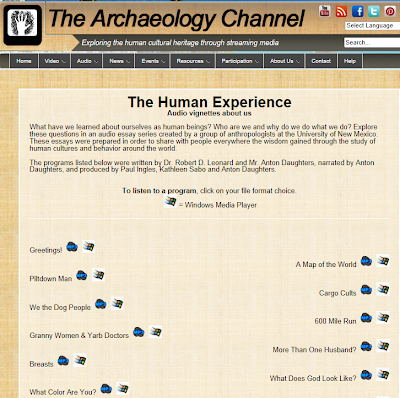Here are three things that crossed my path today on this common theme in the order in which I saw them:
http://www.upworthy.com/watch-a-student-totally-nail-something-about-women-that-ive-been-trying-to-articulate-for-37-years-6?c=reccon1
http://business.time.com/2013/12/10/pantene-powerfully-breaks-down-every-sexist-workplace-stereotype-in-one-ad/?xid=newsletter-weekly
http://newsfeed.time.com/2013/12/05/how-far-we-havent-come-all-of-the-terrible-ways-the-media-treated-women-in-2013-in-one-video/?xid=newsletter-weekly
Food for thought.
http://www.upworthy.com/watch-a-student-totally-nail-something-about-women-that-ive-been-trying-to-articulate-for-37-years-6?c=reccon1
http://business.time.com/2013/12/10/pantene-powerfully-breaks-down-every-sexist-workplace-stereotype-in-one-ad/?xid=newsletter-weekly
http://newsfeed.time.com/2013/12/05/how-far-we-havent-come-all-of-the-terrible-ways-the-media-treated-women-in-2013-in-one-video/?xid=newsletter-weekly
Food for thought.








































 Marshall Sahlins
Marshall Sahlins 

